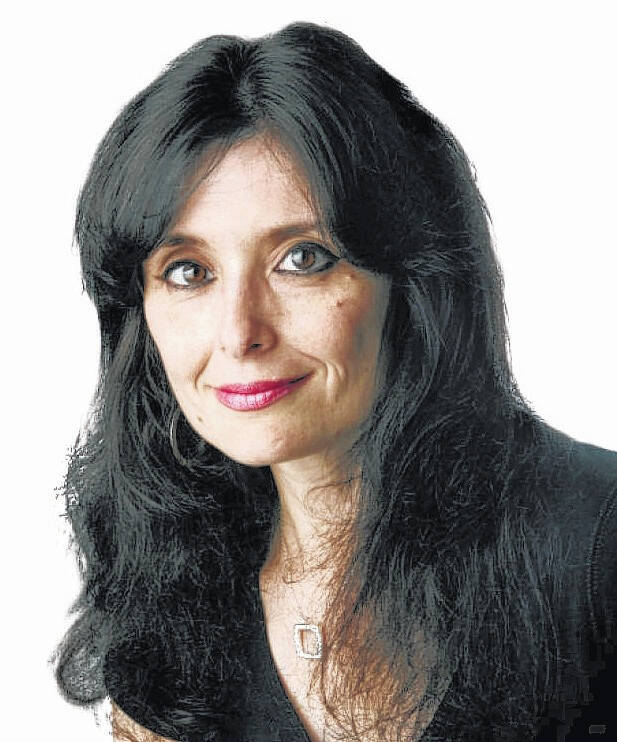Amanda Gorman, the young woman who read her highly celebrated poetry at Joe Biden’s inaugural two years ago, has proven herself to be quite adept at writing fiction in addition to her laureate skills.
Last week, she tweeted out a photo of two pages of her poem “The Hill We Climb,” and suggested that these pages were the reason that a Florida school district “banned” her work.
The truth is that her books were removed from the elementary school curriculum, but were still available to middle and upper school students.
That’s not banning. That’s not even “canceling.” That’s making decisions on what is, and what is not, age-appropriate.
You can argue whether the book is not appropriate for kindergartners, who wouldn’t even understand the points she was trying to make, but you cannot unilaterally jump on the “I was Banned-wagon” because it weaponizes your victimhood.
I attended a lecture the other evening by a local author named Ernest Owens, whose book “The Case For Cancel Culture” argues that not everything we call “canceling” really is censorship.
While Owens and I disagree on a lot of things, we both come down on the same side of censorship: it’s bad.
And yet, as he points out, we need to be a bit more pragmatic when defining what is, and what is not “cancellation.”
For example, the bus company in Selma, Alabama, was not canceled during the civil rights boycotts.
Bud Light is not being “canceled” by conservatives who have a big problem with a man posing as the stereotype of a woman to sell their beer.
In both cases, people used their voices and their choices to make a political point. That is what we do in a free society, and that is what Owens refers to as “pragmatism.”
The poet laureate of the Biden inauguration deliberately chose to frame the controversy as a banning, when she knew very well that nothing of the kind had happened.
Her poetry is widely available, widely exalted by those in literary circles and beyond, and she herself has become a mini-celebrity. More power to her.
But the idea that young children must be exposed to her writing or their growth will be stunted is ridiculous, and to this writer, immensely annoying. If parents want their little sons and daughters to read “The Hill We Climb,” they can buy them a copy and read it to them as a bedtime story.
The book is available everywhere, and the suggestion that what is being done in Florida is akin to Ray Bradbury’s dystopian “Fahrenheit 451” is laughable.
This is not to say that I support actual banning of books.
If you make it impossible for children to access great literature that has stood the test of time, like “To Kill A Mockingbird” and “Huckleberry Finn,” you are engaging in the same sort of conduct that we justifiably condemned when the Soviet Union and the satellite states existed.
It is the same sort of conduct that I see when working with some of my asylum clients who have fled totalitarian regimes.
But that is not what is happening with Gorman. Her poem is still out there, and will be read by generations of children in countless schools around the country.
Her little pique about being “canceled” from one district is ridiculous when viewed in the larger context of what is going on around the world.
One final thought: when we put brown paper covers on Hustler and Playboy on the newsstands, we didn’t do it to “ban” Larry Flynt and Hugh Hefner. We did it because certain things are inappropriate in certain environments.
Amanda might disagree with the decision of the school administrators in Florida, but she can’t argue with the principle that not everything is good for everybody, at every moment.
Or to put it in terms she might understand:
Books are great/There’s no debate/But just like wine/They’re not all fine/If you’re too small/To read them all/Just wait a bit/
You’ll see that lit/When you’re prepared/And won’t be scared/So just be chill/You’ll read that “Hill”.
Christine Flowers is an immigration lawyer in Philadelphia. Her column does not necessarily reflect the opinion of The Lima News editorial board or AIM Media, owner of The Lima News.







